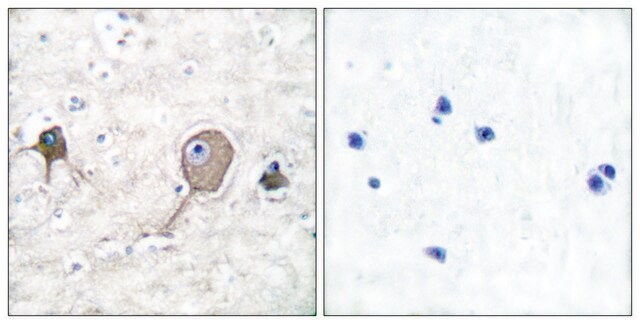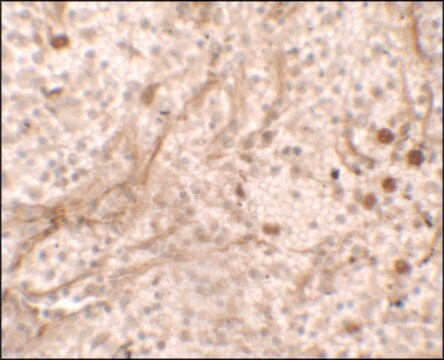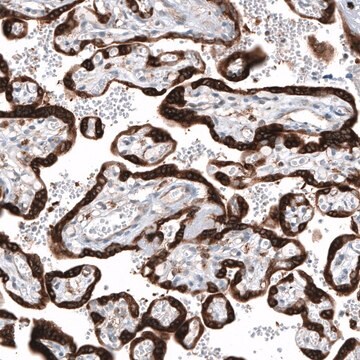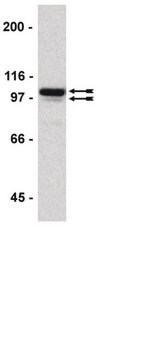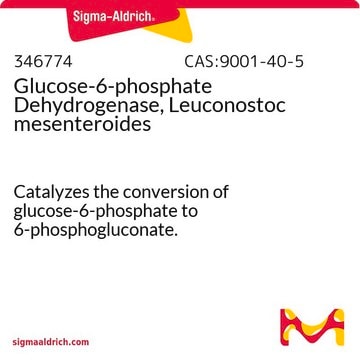MABT1354
Anti-CP110 Antibody, clone 140-195-5
clone 140-195-5, from mouse
Synonym(s):
Centriolar coiled-coil protein of 110 kDa, Centrosomal protein of 110 kDa, Cep110
About This Item
Recommended Products
biological source
mouse
Quality Level
antibody form
purified immunoglobulin
antibody product type
primary antibodies
clone
140-195-5, monoclonal
species reactivity
human
technique(s)
immunocytochemistry: suitable
immunofluorescence: suitable
immunoprecipitation (IP): suitable
western blot: suitable
isotype
IgG1κ
NCBI accession no.
UniProt accession no.
shipped in
ambient
target post-translational modification
unmodified
Gene Information
human ... CCP110(9738)
General description
Specificity
Immunogen
Application
Immunocytochemistry Analysis: A 1:50 dilution from a representative lot detected CP110 in U2OS cell line.
Western Blotting Analysis: A representative lot detected CP110 in Western Blotting applications (Bauer, M., et. al. (2016). EMBO J. 35(19):2152-2166).
Immunofluorescence Analysis: A representative lot detected CP110 in U20S cells (Courtesy of Prof. Erich A. Nigg, Biozentrum, University of Basel, Switzerland).
Western Blotting Analysis: A representative lot detected CP110 in 293T cell lysate (Courtesy of Prof. Erich A. Nigg, Biozentrum, University of Basel, Switzerland).
Immunofluorescence Analysis: A representative lot detected CP110 in Western Blotting applications (Bauer, M., et. al. (2016). EMBO J. 35(19):2152-2166; Arquint, C., et. al. (2014). Curr Biol. 24(4):351-60).
Cell Structure
Quality
Western Blotting Analysis: A 1:250 dilution of this antibody detected CP110 in HEK293 cell lysate.
Target description
Physical form
Storage and Stability
Other Notes
Disclaimer
Not finding the right product?
Try our Product Selector Tool.
Storage Class Code
12 - Non Combustible Liquids
WGK
WGK 1
Certificates of Analysis (COA)
Search for Certificates of Analysis (COA) by entering the products Lot/Batch Number. Lot and Batch Numbers can be found on a product’s label following the words ‘Lot’ or ‘Batch’.
Already Own This Product?
Find documentation for the products that you have recently purchased in the Document Library.
Our team of scientists has experience in all areas of research including Life Science, Material Science, Chemical Synthesis, Chromatography, Analytical and many others.
Contact Technical Service
